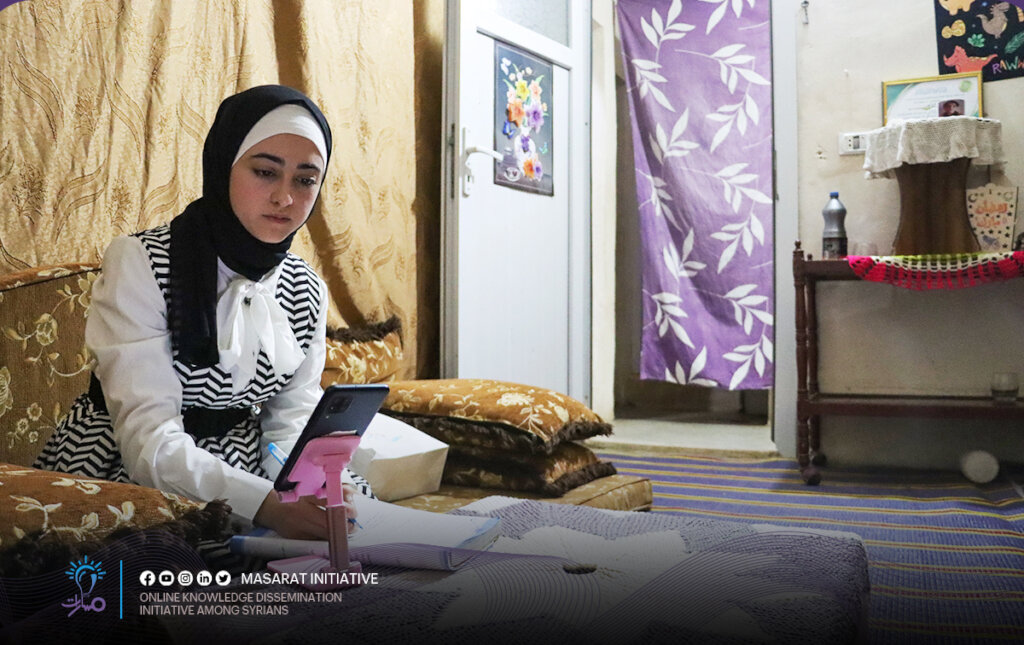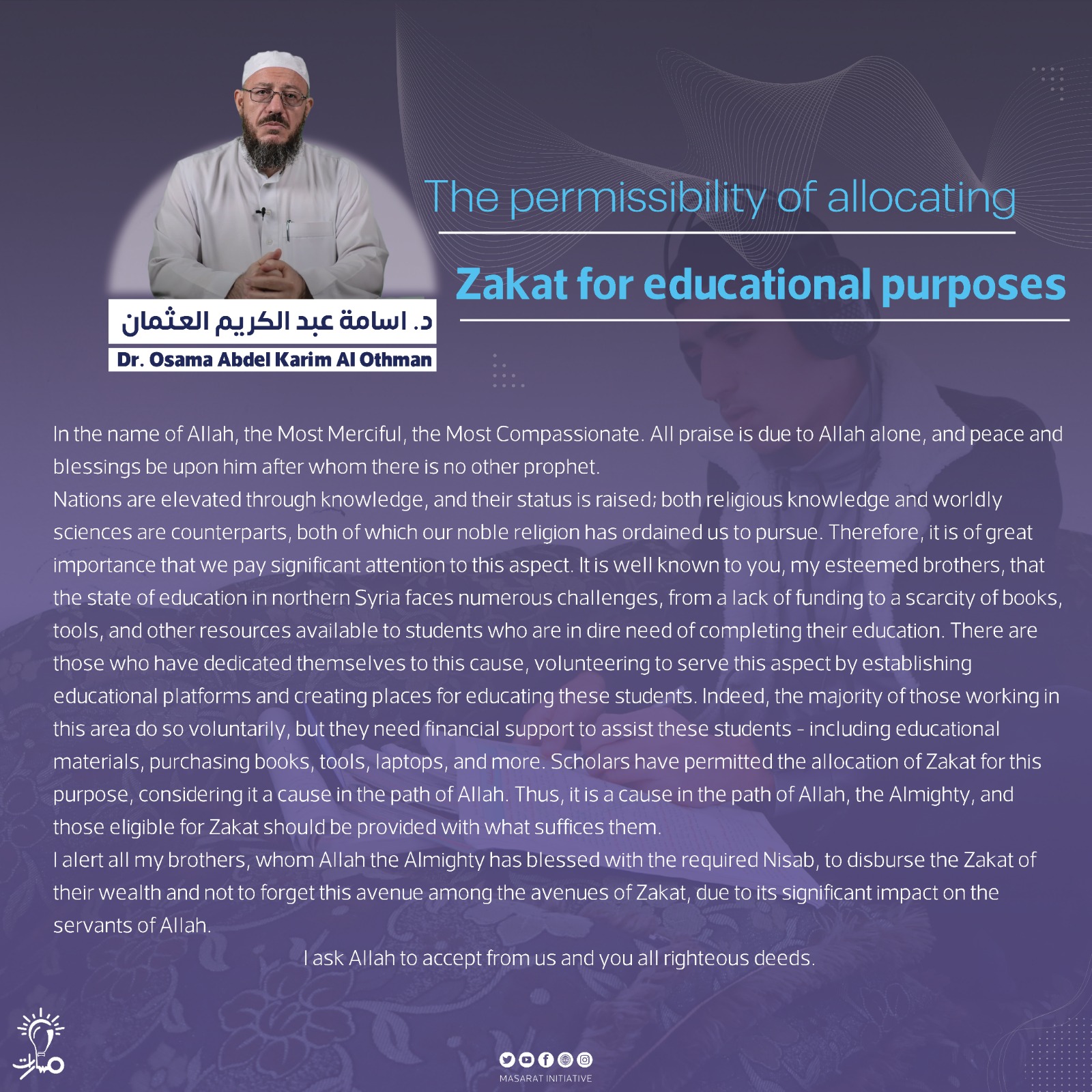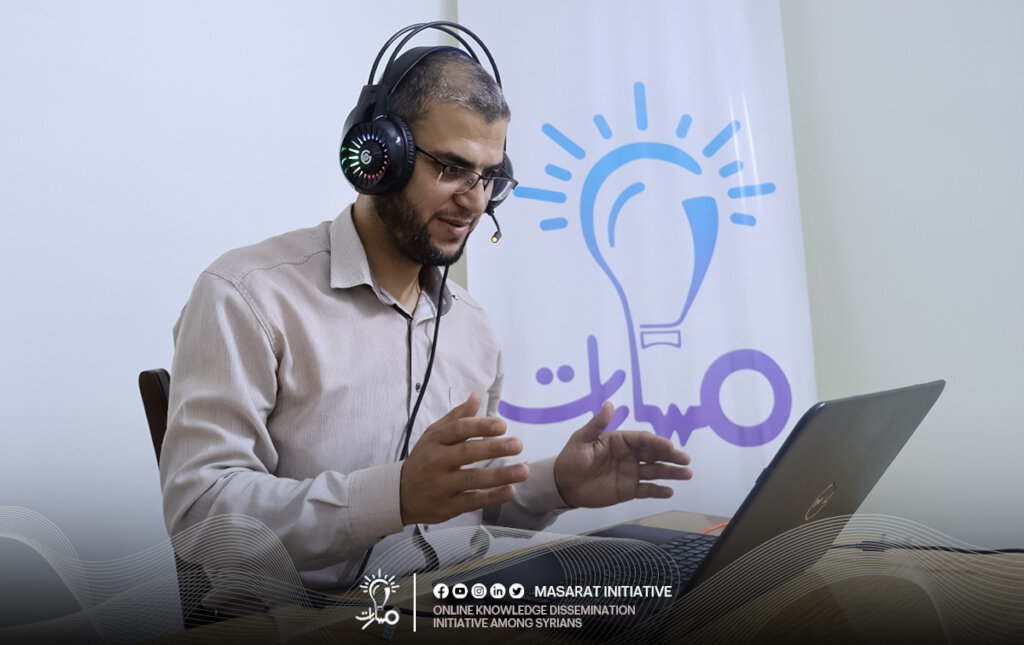Islam legislates zakat for Muslims as a means for the wealthy to support the poor, making it a crucial pillar of Islam and frequently mentioned alongside prayer in the Quran for its importance in fulfilling the needs of the needy and purifying the giver from arrogance and miserliness, as well as increasing blessings in their wealth.
In this article, we delve into the details of zakat on inherited wealth, its threshold, and related Islamic rulings.
Is There Zakat on Inheritance?
Upon the death of a wealth owner without having paid the due zakat, it becomes obligatory to settle this debt before distributing the estate among the heirs, as zakat is a priority over inheritance distribution.
Once the wealth owner passes away, the inheritance transfers to the heirs, becoming part of their possessions. It’s necessary to calculate each heir’s share to determine if it reaches the nisab (minimum amount required for zakat) individually or in combination with other wealth, making zakat obligatory on it.
If the value of the wealth alone reaches the nisab, zakat becomes obligatory after a year. If the nisab is only met by adding other wealth, the nisab is calculated on the total, considering the zakat due for each wealth according to its own lunar year.

Circumstances and Rulings on Zakat for Inherited Wealth
If a Lunar Year Passes: If a lunar year passes on the inherited wealth and it reaches the nisab, zakat is obligatory. If the nisab is reached by combining it with other wealth, zakat is due on the total.
Before Receiving the Inheritance:
Heirs cannot dispose of the inheritance before receiving their share. Once it reaches the nisab and a lunar year passes, they must pay zakat.
When Zakat Becomes Obligatory on Inherited Wealth:
Zakat on inheritance is obligatory in two cases:
- If the inheritance share does not reach the nisab except by adding similar wealth, zakat is imposed immediately without waiting for a year. The new inherited wealth’s lunar year starts from the moment the money is added.
- If the nisab is achieved by combining different types of wealth, zakat is due on the total after a full lunar year from the addition. The lunar year for the total amount starts from the time of combination, after which the required zakat is paid.
Recipients of Zakat According to Islamic Law
Islam specifies zakat recipients as stated in the Quran: for the poor, the needy, zakat workers, those whose hearts are to be reconciled, slaves, debtors, in the cause of Allah, and the traveler.
These categories include:
- The poor and needy, as they require financial support for their basic needs.
- Zakat collectors.
- New Muslims and those expected to embrace Islam through heart-reconciliation.
- For freeing slaves or those in debt for freeing themselves.
- Debtors unable to pay off their debts.
- For the cause of Allah, including seeking knowledge.
- Travelers stranded without enough funds to continue their journey.

Masarat for Distance Education and Knowledge Dissemination in Syria
At Masarat, we focus on supporting and providing free education for those in need and affected in Syria, deprived of their right to education and unable to continue their educational journey.
Considering seeking knowledge as a form of jihad in the cause of Allah, allocating your zakat to support them is a true opportunity to fulfill the zakat obligation rightfully. By giving your zakat through us, you ensure it reaches those truly in need, becoming part of positive change for many individuals and their families.

Frequently Asked Questions About Zakat on Inherited Wealth
Who pays zakat after the father's death?
If the father leaves wealth that required zakat, which he did not pay, the heirs must discharge the zakat before dividing the estate.
Is it permissible to distribute zakat money among siblings?
: Yes, provided they are among its eligible recipients due to their poverty or lack of sufficient wealth.
Is zakat due on inherited land?:
No, unless there was an intention to trade with it. Even then, zakat is not imposed as the basis is direct land ownership, whereas here, ownership is through inheritance.
Is zakat due on inherited gold?
Inherited gold is subject to zakat once it becomes part of the heir’s wealth, provided it reaches the nisab and is intended for saving or trade, not adornment, with a year passing since its possession.
Is zakat due from the deceased's wealth if the inheritance hasn't been divided yet?
Inheritance transfers to the heirs upon the owner’s death. If each person’s share alone reaches the nisab, zakat is obligatory on the inherited wealth, starting a new lunar year.
What is the ruling on zakat for inheritance before its receipt?
Zakat is not obligatory on inheritance before its receipt. The obligation falls after receiving and gaining full control over it, meeting the zakat conditions.
Who are ineligible for zakat?
- The wealthy
- Non-Muslims
- Those whom the giver is responsible for supporting, like a spouse and children.
- The lazy unemployed.





